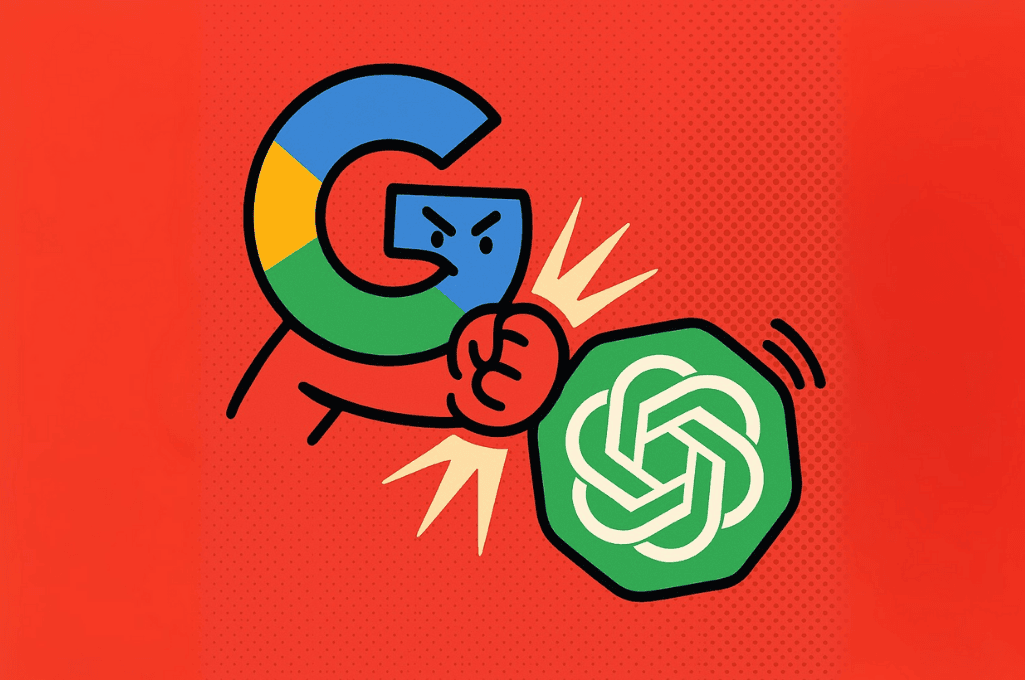Over the past year, a wave of AI experts have suggested that the major LLMs – ChatGPT, Perplexity, and Google Gemini – are poised to replace Google Search.
Even at HousingWire’s excellent AI Summit this week, the myth that AI is already killing search was also stated as fact on stage by at least one AI speaker.
The implication is that SEO as we know it is dying. Some go as far as to claim that SEO is dead.
The reality? The data tells the truth.
The numbers don’t lie
Even as ChatGPT’s usage explodes, now processing more than 2.5 billion prompts every day, it is still a very small fraction of Google’s daily search volume.
Google handles between 10 and 16 billion searches every day. That is four to six times larger than the entire ChatGPT prompt universe. And when you look at actual web traffic, the gap is even wider:
- Google Search daily clicks sent to publishers: ~16 billion
- ChatGPT daily clicks sent to publishers:: ~25 million
That’s 640 times more clicks coming from Google to publishers than from ChatGPT. The reason is simple. Google’s business model is designed to send users out to other sites. ChatGPT, by design, keeps users in the conversation.
SEO is still your primary growth engine
For companies that rely on being found online, whether you are looking for buyers and sellers or growing your brand awareness, Google remains the most vital source of organic discovery.
If your goal is traffic, leads, and conversions, you must prioritize search optimization.
ChatGPT visibility is the new brand awareness play
However, dismissing ChatGPT entirely would be a major mistake. When users ask ChatGPT a question, your company name or product could appear directly in the answer. It is not the same as a click, but it is an early trust signal and is becoming a major brand touchpoint.
We wrote about the importance of PR to keep from being ghosted by AI in January 2024.
Think of the most effective strategy this way:
- SEO ranking = you win the click
- ChatGPT ranking = you win the mention
Both matter, but for different reasons.
The winning strategy: Optimize for both
The most successful companies will run parallel SEO and LLM strategies – often dubbed AEO – answer engine optimization. Continue investing in traditional SEO work such as keyword research, high-quality content, technical optimization, and link-building.
At the same time, build ChatGPT-friendly content by publishing fact-rich, authoritative information that can be easily quoted. Make sure your expertise appears in reputable sources that ChatGPT is likely to reference, and track where your brand is cited in AI responses.
Power of the short FAQ
One additional tactic that works for both SEO and ChatGPT is adding a short FAQ section after each blog post. Google’s algorithms like structured Q&A because it can qualify for rich snippets in search results. ChatGPT also favors this format because it mirrors how users prompt AI, and the concise, clear answers are easy for it to quote. Keep FAQs short, natural, and focused on real questions your audience asks.
A short FAQ can do double duty
An FAQ at the end of your content is a simple way to serve two audiences at once — human readers looking for quick answers, and the algorithms that decide whether your content is worth showing in results. Search engines can display your questions and answers right on the results page if you use FAQ schema. And ChatGPT can lift well-written FAQ answers directly into its responses, giving you visibility even when the click never happens.
Here is what that might look like for this very topic:
Is SEO still worth the investment in 2025?
Yes. Google is still the primary driver of organic traffic on the internet. While AI chatbots are growing in popularity, they do not send anywhere near the same number of clicks to websites.
Should I be creating content specifically for ChatGPT?
Yes, but not at the expense of your SEO work. Focus on producing clear, concise, authoritative answers to common questions in your industry. ChatGPT often uses well-structured information it can quote directly.
Will ChatGPT referrals eventually overtake Google Search?
They may close the gap over time, but the scale difference today is enormous. The best strategy is to position your brand so it is visible in both places — high in Google search results and cited in AI-generated answers.
Ignore the great AI myth
LLMs are changing how people interact with information, but they are not replacing search. In fact, only 7 percent of Americans use ChatGPT every day, a Reuters 2025 study finds. Well over 200 million Americans use Google every day, accounting for 3.2 billion daily searches.
At least for now, Google remains the primary gateway for discovery and traffic. The smart play is to meet your audience in both places: at the top of search results and inside AI-powered answers.
The future is not search versus AI: It is search plus AI.




